
…When women lift one another, communities thrive and progress becomes sustainable
By Rita Adu BOATENG
In every sector — from business to politics, entrepreneurship to social development — one principle continues to hold true: when women support women, societies flourish. This is not merely a motivational slogan or a trending campaign; it is a powerful force that shapes progress, nurtures leadership and sustains inclusion.
As women, we share unique experiences that often mirror one another’s challenges — balancing career and family, breaking professional barriers, navigating gender bias or building confidence in spaces where our voices have been historically underrepresented.
When we choose to support one another, we create a foundation of trust and understanding that becomes invaluable. It allows for open conversations about our struggles and victories, and that sense of shared humanity makes the journey less isolating.
Beyond emotional connection, women supporting women is also about mentorship and inspiration. Every successful woman has a story, and those stories can serve as powerful roadmaps for others.
When women mentor, guide and share their experiences, they become living examples of possibility — helping younger women find direction and clarity in their own pursuits. Mentorship is not just about giving advice; it is about opening doors, making introductions and creating pathways that never existed before.
Support also creates a network effect — a collective force of women who collaborate rather than compete. When women champion each other’s ideas, businesses and initiatives, the ripple effect extends beyond individuals. It builds stronger teams, more innovative organisations and thriving communities. The idea that “there’s room for all of us at the table” stops being a slogan and becomes a lived reality.
On a broader scale, women uplifting women contributes to gender equality and equity, principles that remain at the heart of global development conversations. Our collective effort directly advances Sustainable Development Goal 5 (SDG 5) — achieving gender equality and empowering all women and girls.
To illustrate why this is so critical and urgent, consider both international and Ghanaian data:
- Globally, women hold roughly 23.3 percent of board seats, around 6 percent of CEO positions and about 17.6 percent of CFO roles.
- According to the World Bank, in 2024, Ghana’s Parliament is about 14.5 percent female — 40 women out of 275 elected members. (IPU Parline)
- In Ghana’s public sector, women occupy only about 26 percent of management/leadership roles—indicating that even with legal and policy advances, parity in senior positions is far from achieved. (News Ghana)
- Recently at the local/District Assembly level, election results show 25 percent of the elected assembly members are women.
These numbers tell us two things: first, progress is being made; second, there remains a gap to close. Ghana’s passage of the Affirmative Action (Gender Equity) Act of 2024 is a significant legislative milestone. This law establishes targets for increasing women’s participation in public leadership and decision-making: 30 percent by 2026, 40 percent by 2028 and 50 percent by 2030. (Star Ghana)
Globally, several institutions are playing key roles in driving the gender equality agenda:
- UN Women, working with governments and civil society, helps strengthen laws, policies and institutional frameworks for gender equality.
- The World Bank/International Finance Corporation (IFC) initiative Women’s Board Business Leadership (WBBL) aims to accelerate women’s inclusion at board and executive levels.
- The Inter-Parliamentary Union (IPU) sets benchmarks (such as 30 percent parliamentary representation by 2030) and tracks global progress.
- Other institutions like the United Nations Department of Economic and Social Affairs (UN DESA) and civil society networks such as STAR-Ghana and TheBoardroom Africa also perform advocacy, data tracking and leadership development.
In my own experience as a woman who has navigated both corporate and social impact spaces, I have seen first-hand how a single act of encouragement, mentorship or advocacy can transform another woman’s trajectory. It is not always about grand gestures — sometimes, it is as simple as listening, recommending someone for an opportunity or creating a platform for her voice to be heard.
At Chalom Hights, the women’s empowerment organisation I founded, we live this philosophy every day. Through initiatives like the ElevateHer Series, mentorship programmes and confidence-building platforms, we are helping women rise, lead and create meaningful change in their communities.
We place special emphasis on connecting younger women with mentors, providing safe spaces for sharing stories and amplifying their leadership voices. If you are a woman who desires to make an impact, to give back or to find a community that uplifts and equips you, I invite you to reach out and join us. Together, we can continue to redefine what it means to rise — not alone, but side by side.
>>>the writer is the Founder of Chalom Hights, a women’s empowerment organisation. With a career in Marketing, Customer Experience and Business Operations, she combines corporate expertise with social impact through initiatives like the ElevateHer Series, inspiring women to lead confidently, balance ambition with well-being and create meaningful change. Contact: [email protected]
The post Women supporting women: Why it matters appeared first on The Business & Financial Times.
Read Full Story
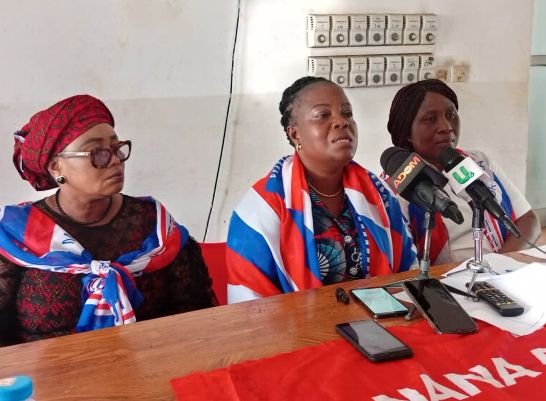


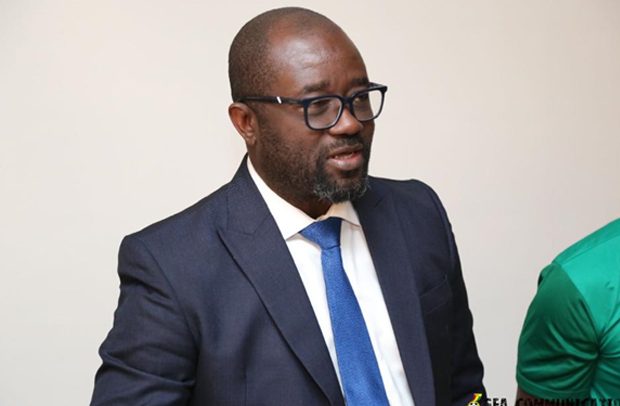







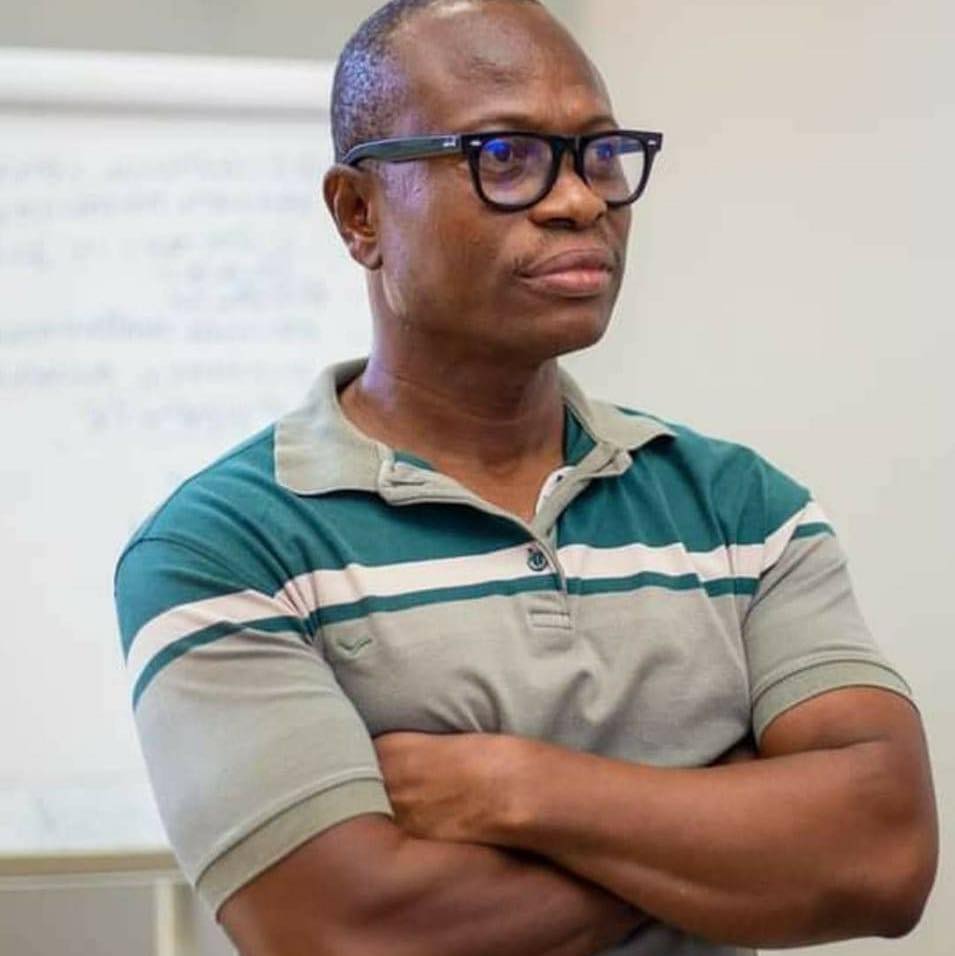



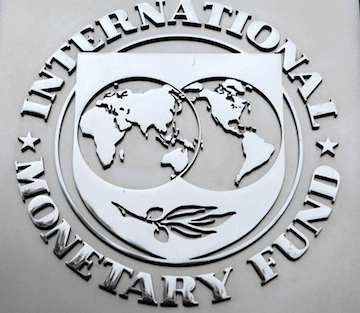
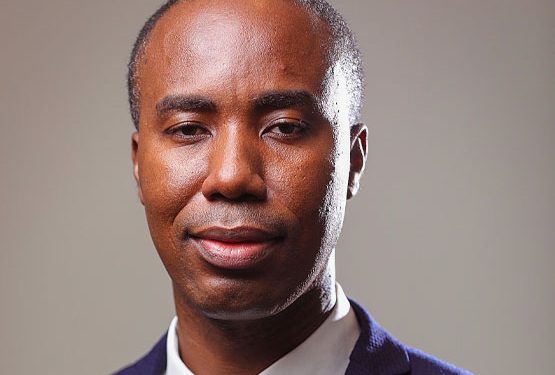








Facebook
Twitter
Pinterest
Instagram
Google+
YouTube
LinkedIn
RSS